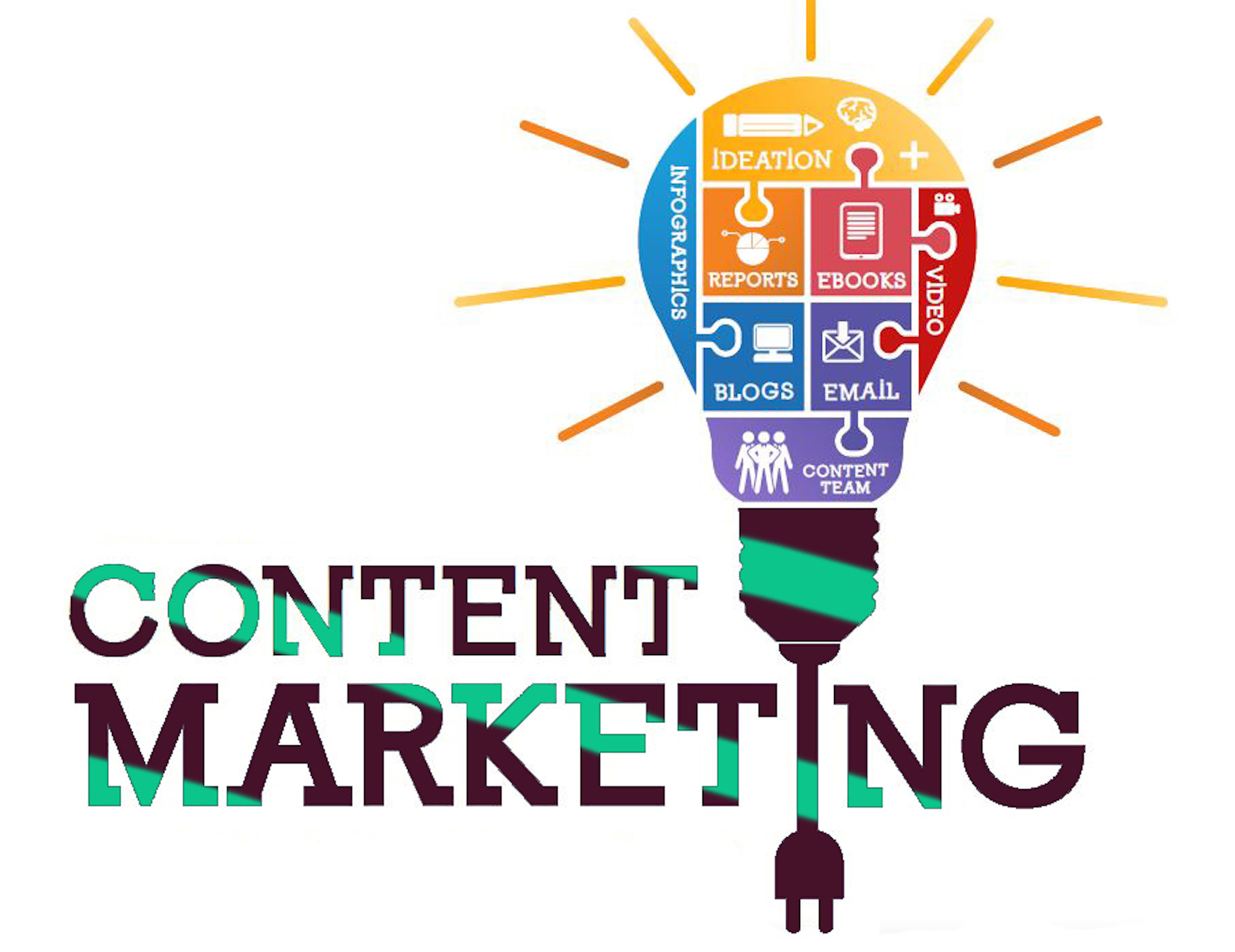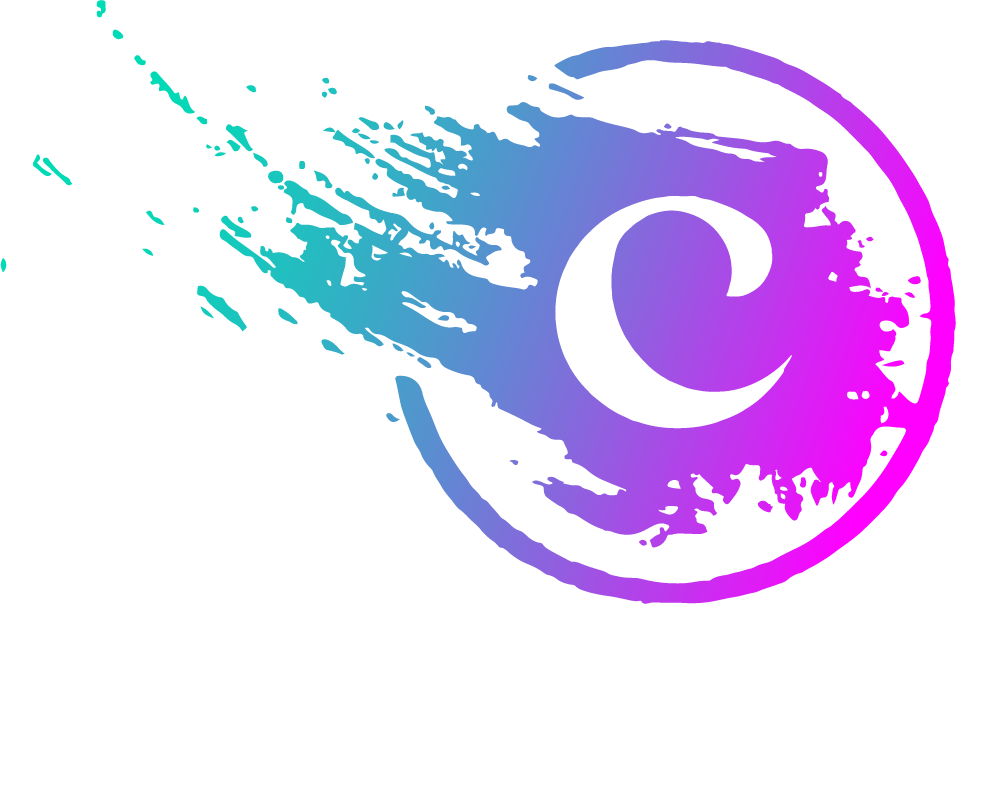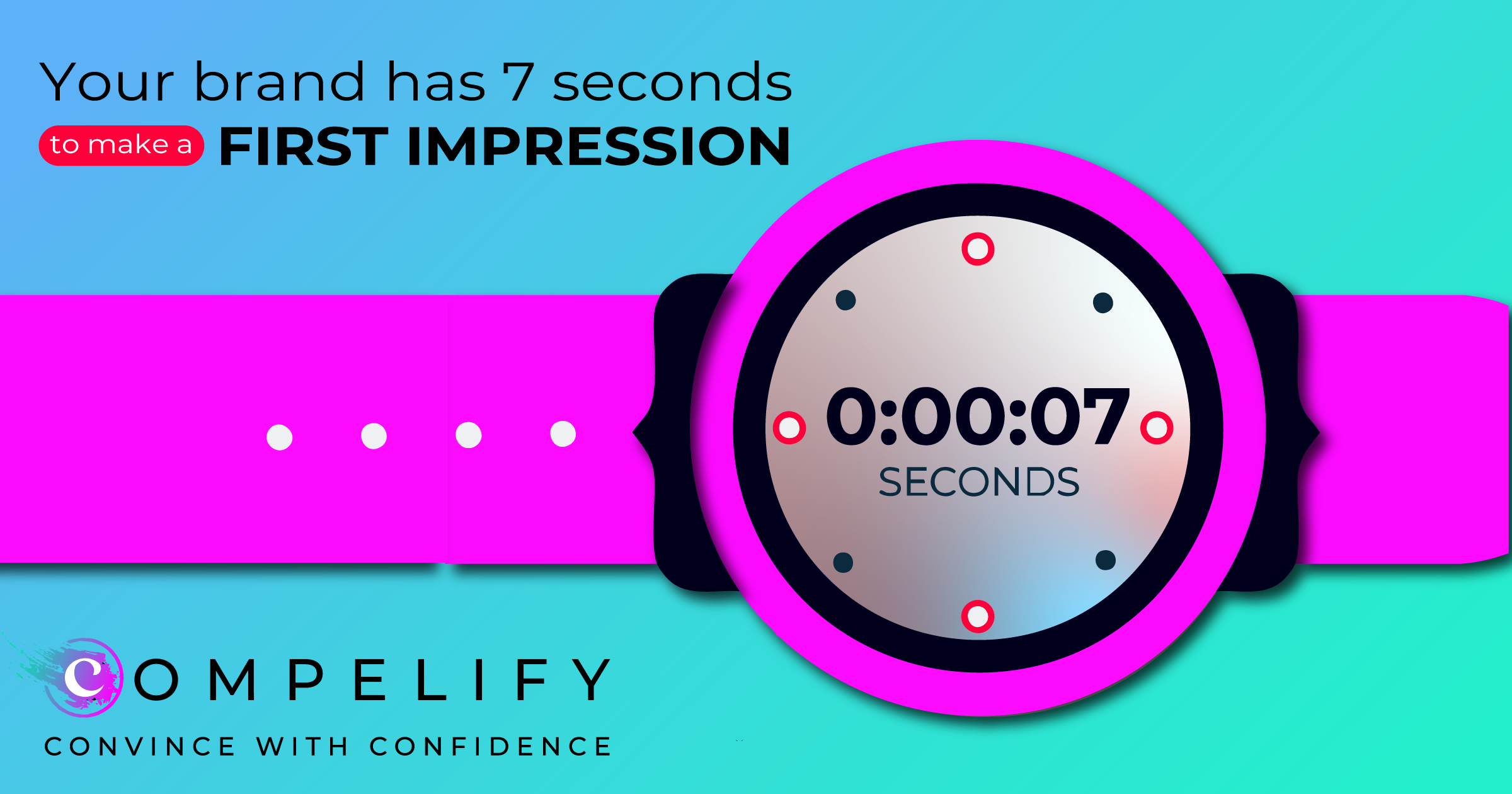
The Insider’s Guide to B2B Content Creation Pricing
About the author
 Octavia Cephalo
Octavia Cephalo
Brand Ambassador
Brand Ambassador
Octavia is a remarkably playful and strategic octopus that brings a unique perspective to our creative team. She expertly navigates the depths of branding, exploring the ocean, and connecting with our audience through lively social media interactions.
Featured Article
Browse By Category

Navigate B2B content creation pricing with confidence. This post outlines proven strategies and expert advice for savvy marketers.
B2B is all about relationships.
Building trust and familiarity is crucial with long sales cycles, multiple stakeholders, and negotiations.
Content creation is one of the best ways of attracting new business and nurturing trust.
However, most B2B leaders don’t have time in their calendars to brainstorm, curate, and post content.
Luckily, hiring the right content creators is the perfect form of leverage.
Today, we’ll explore the costs of hiring content creators in B2B and the different factors that affect pricing.
Table of Contents
What do Content Creators do?

Content creators are professionals who develop content for a brand – whether it’s their own or an outside company.
According to the Content Marketing Institute, 73% of B2B marketers use content marketing as part of their overall marketing strategy.
Content creation can be a very broad term since content is created on various channels in different formats. There’s social media, website, and email content for example. Some content types within these mediums include:
- Long-form or short-form Video
- UGC video and picture posts
- Blogs
- Infographics
Outstanding content creators typically have abilities outside of their primary skillset.
Some skills include communication, strategizing, problem-solving, idea generation, and growth tracking (skill sets will depend on the type of content creator your company works with.)
Let’s now look into the various types of content creators for B2B marketing.
The Different Types of Content Creators
Here are a few types of content creators many business owners may collaborate with.
- Social Media Manager – Manages social media content, including content ideas, posting timelines, analytical tracking, and more
- UGC Creator – Creates content from the perspective of your ideal customer in a relatable fashion
- Email marketer – Writes and sends emails that convert recipients into new or recurrent business.
- Video Editor – Turns raw footage into helpful marketing content, whether it’s a video ad or organic video content piece.
- Blog writers – Helps businesses develop thought leadership, authority, and search engine ranking through blog articles.
- Copywriters – Boosts sales conversion rates through written content on landing pages, emails, websites, and more.
- Graphic designers – Creates stunning and visually appealing images, infographics, and video graphics to help with branding and grabbing customer attention.
How does content creation pricing work?: 9 Things Affecting Cost
When hiring a content creator for your business, consider these 9 areas that could affect price.
1. Complexity
The complexity of your content plan affects rates. The more moving parts that go into your content marketing means more deliverables, strategizing, and time. Let’s look further into how time affects content rates.
2. Time
Many content creators charge based on their time with an hourly rate. Some content creators factor in the hours it’ll take to complete the project in their flat rate, so structure can vary.
It’s essential to get clear on how long you believe a project will take and to get feedback from the content creators themselves. Think about:
- Due date timelines
- Project milestones
- Creator expertise (more experienced creators can finish projects faster)
- Potential project delays
3. Bundling
Some content creators offer discounts when you bundle services together.
For example, someone who records UGC content and manages social media can offer a discounted content package if you get both services.
It’s critical to be clear on the type of content you need first and foremost. Consider also seeing past work or a portfolio from the creator to ensure quality. Negotiating bundled services is not uncommon, especially if you’ll be working with the creator for the long term.
4. Content Count
The amount of content that needs to be created means more workload and thus a higher price. Remember that high volumes of high quality content brings lots of long-term ROI (i.e., new customers/recurring business. Like many things in marketing, content is an investment that pays dividends for years.
5. Campaign Goals
This deals with the ideal outcome you’d like with your content.
Is it brand awareness? Or it could be more sales.
Once you’re clear on the desired outcomes, you can approach pricing with that in mind. If your brand is confident in its product or service, you can forecast what you expect to make from content down the line.
Your campaign goal can play a role in the fee structure (ex., performance-based pricing with emails if you’re looking to make sales)
6. Engagement Rate (UGC)
Almost 80% of consumers said that UGC highly influences their buying decisions.
When hiring UGC creators or influencers, understanding their engagement rate is key. The more their audience is engaged with their post, the more trust and authority they have.
As a result, your brand can “borrow” that trust and credibility to get new people in your funnel.
Asking for a screenshot of their engagement rate is helpful when shopping for influencer-based UGC creators.
7. Follower Count
Follower count goes a long way when leveraging a creator’s audience to market. The more eyeballs a post gets from a niche audience, the higher the chances they’ll succeed.
Consider looking at follower count along with engagement rate for an accurate idea of audience quality.
8. Product Value
The cost of your product or service and your margins affect how much you can invest in marketing, especially if you’re doing a revenue share model with the content creator.
Some B2B companies may hire a cold email expert to generate product/service sales and charge a percentage of the product/services’s value.
9. Experience
More years of experience typically relate to more professional expertise.
Experienced content creators like copywriters, graphic designers, and blog writers can be a high ROI investment since they tend to know proven approaches to content creation.
How Much Do Content Creators Cost?
Here are the average rates for different types of content creators. Pricing will vary based on the above factors, but these data-backed rates are a good starting point.
- Social Media Manager freelancers – $500–$10,000 per month, or $35 to $350 per hour
- UGC Creator – $200-5,000+ (brand videos YouTube, Tiktok, Instagram, Facebook), Twitter, Pinterest)
- Email marketing – $100 – $200 per hour and about $2,500 per month (agencies).
- Video Editors – $20-$100+ per hour (can vary based on experience, editor ability, and project size)
- Content writers – $81-$100 per hour. Industry standards for blog posts can range from between 20 to 75 cents a word.
- Copywriters – Typically up to $1.50 for per word rates. $150 – $1000+ per project (i.e., landing page, website, email, and brochure copy)
- Graphic designers – from $25-$150 per hour
Where to Find Content Creators

Here are popular places to find talented content creators:
- Upwork
- Fiverr
- Copyblogger Certified Content Marketers
- Listing Websites
- Facebook groups
- Networking events
Final Summary of B2B Content Creation Pricing
Understanding content creation pricing gives your B2B business a clear understanding of the projects to prioritize based on budget.
Knowing the best rates to aim for ensures markets profitably. By honing in on an effective content strategy, B2B companies develop trust faster with potential clients adding to a faster sales cycle.









